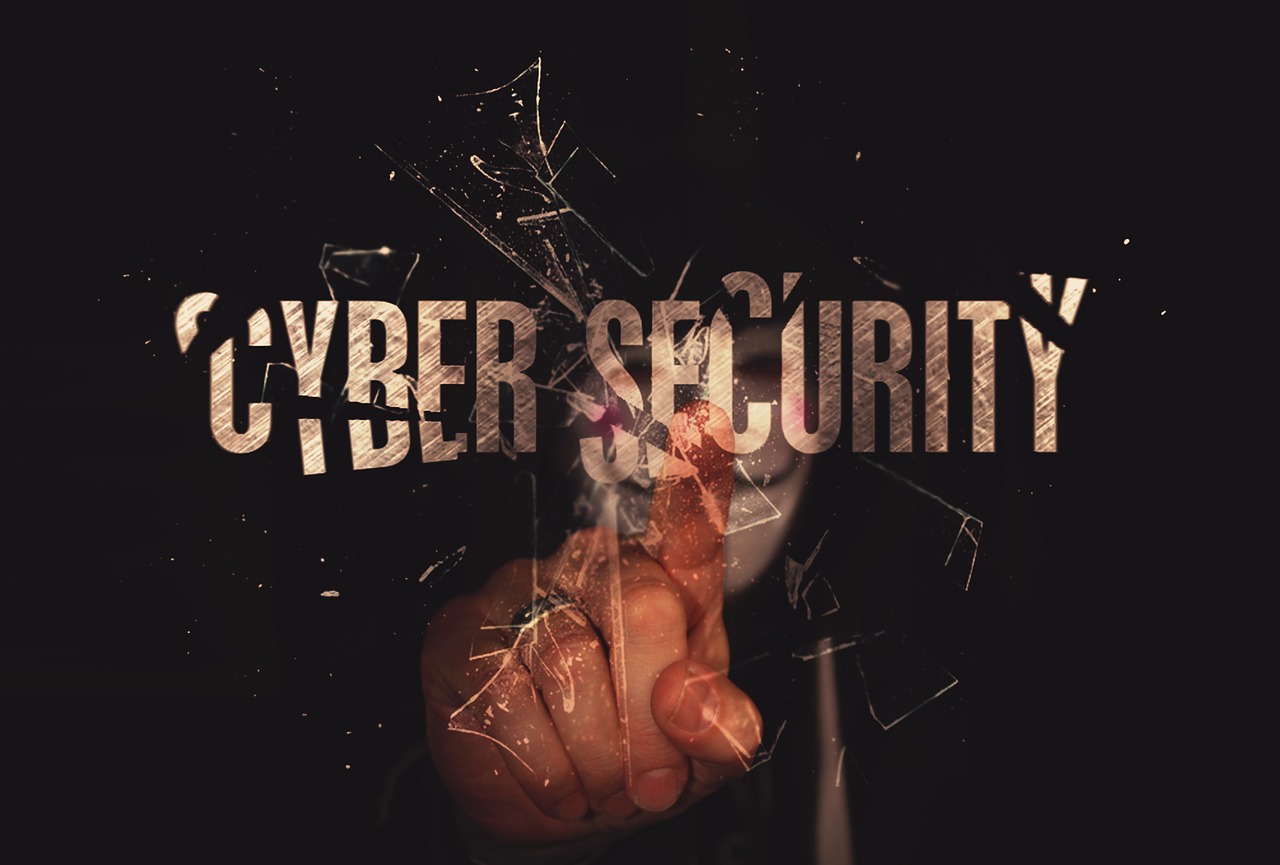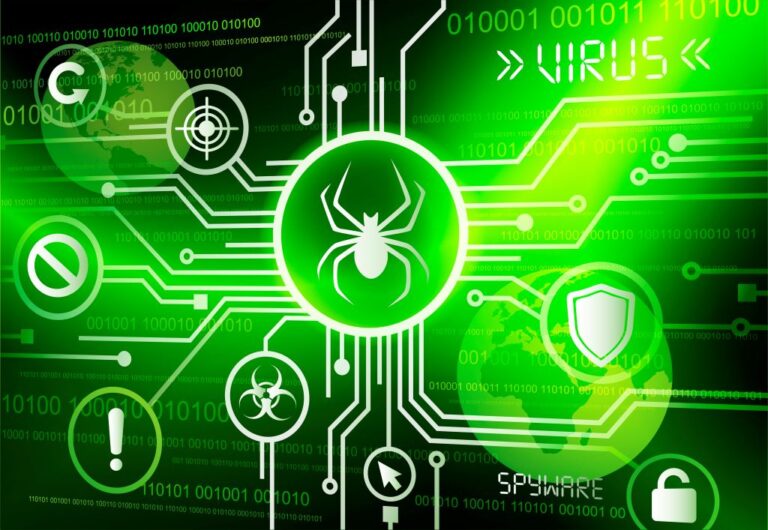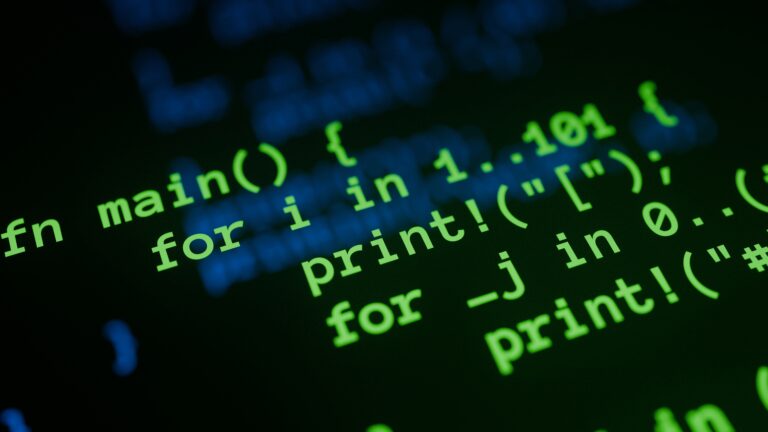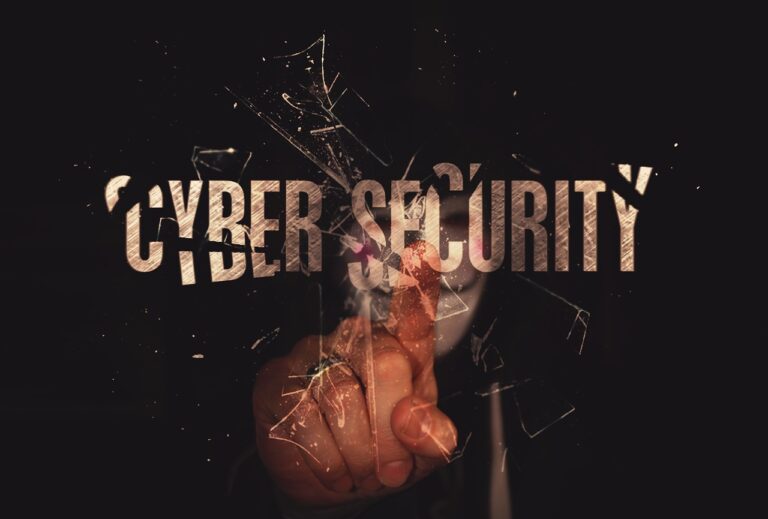Why is Cybersecurity Important?

In today’s digital world, cybersecurity plays a crucial role in protecting information and systems from cyber threats. Imagine if someone could access your personal details or all the data a company has about you; scary, right? Cybersecurity is the shield that protects both individuals and organizations from such intrusions. Here’s a breakdown of why it’s so essential, especially for young people entering a technology-driven world.
Protecting Personal Privacy
Personal privacy is more important than ever because so much of our information like messages, photos, and payment details is stored online. Cybersecurity helps keep this personal information safe. For example, without strong cybersecurity, hackers can steal and misuse sensitive data. In fact, it’s estimated that over half of consumers have experienced a form of cybercrime, and nearly one-third have faced data theft in the past year alone. This is particularly concerning because, when someone’s data is exposed, they are vulnerable to identity theft or fraud, which can lead to significant financial losses and emotional stress.
Safeguarding Business Data and Finances
For businesses, cybersecurity is essential in protecting valuable data and maintaining trust with customers. A single cyberattack can cost companies millions. The average cost of a data breach globally in 2024 was about $4.88 million, with some attacks costing up to $10 million. This is why 72% of businesses now undergo cybersecurity audits to assure customers their data is safe. When companies protect data effectively, they build trust with customers, ultimately leading to greater success in the marketplace.
Preventing Financial Losses from Cybercrime
Cybercrime can be incredibly costly. Cybersecurity Ventures estimates that global cybercrime costs could reach $10.5 trillion annually by 2025. This expense includes the costs of ransom payments, legal penalties, recovery efforts, and reputational damage. A recent example is the Colonial Pipeline ransomware attack, which led to fuel shortages and panic buying in parts of the United States. The company had to pay a significant ransom to regain access to its data. Many businesses are also concerned with the rising cost of ransomware, which surged to an average payout of $1.54 million per incident in 2023. Protecting against such financial losses makes cybersecurity essential for both individuals and organizations.
Building and Maintaining Trust
For companies, a good reputation is built on trust, which can be easily damaged by a data breach. When a business suffers a security incident, customers might lose trust, resulting in lost sales and a damaged reputation. According to a study by the Ponemon Institute, 65% of consumers say they lose trust in organizations that experience a data breach, and 31% said they would even end their relationship with the company as a result. Businesses that prioritize cybersecurity build customer loyalty, increase retention, and support a positive brand image.
National Security and Protecting Critical Infrastructure
Cybersecurity is also vital for protecting a country’s national security. Government systems store highly sensitive data and manage critical infrastructure, such as power grids and transportation networks. Cyberattacks on these systems can disrupt society in many ways. A notable example is the 2021 SolarWinds attack, where hackers infiltrated systems in several U.S. government agencies, gaining access to sensitive data. Similarly, critical infrastructure attacks, like those on water treatment plants and transportation systems, can disrupt public safety and economic stability.
In 2022 alone, over 150 industrial facilities experienced cyberattacks that caused real-world consequences, such as production halts and disruptions in cargo shipping, which highlighted the importance of robust cybersecurity measures to protect public and national security.
Combatting Phishing and Social Engineering Attacks
One of the most common cyber threats individuals face is phishing—where attackers trick people into giving up personal information, usually by clicking fake links in emails or messages. In 2023, phishing accounted for over 40% of email threats, making it one of the most significant entry points for cyberattacks. Phishing is especially dangerous because it often leads to further attacks, like ransomware or identity theft. Cybersecurity training, awareness, and technologies like email filters help prevent these attacks and protect users from falling victim to scams.
Preventing Identity Theft
Identity theft is a serious issue that affects many people worldwide. It happens when a person’s personal information, such as a Social Security number or credit card details, is stolen and used fraudulently. Identity theft can cause long-lasting financial and emotional damage. Statistics show that over one-third of adults have faced identity theft, and it can take months or even years to fully recover. Cybersecurity tools, such as strong password practices and multi-factor authentication, are vital in protecting personal data and minimizing the risk of identity theft.
Reducing the Impact of Cyberattacks
Cyberattacks can have a long-lasting impact, not just for individuals but also for society. On average, it takes 277 days to identify and contain a data breach. Imagine how much damage could be done in that time personal details stolen, finances drained, or company secrets exposed. Effective cybersecurity practices help reduce this timeframe, containing breaches quickly to limit damage and reduce costs. For individuals, basic cybersecurity habits like using strong passwords and enabling multi-factor authentication can be highly effective in preventing attacks.
Supporting a Growing Digital Economy
The digital economy, which includes online shopping, cloud computing, and digital payments, continues to grow. As it does, cybersecurity becomes increasingly critical to ensure safe transactions and data integrity. In 2024, it was reported that almost half of all cyberattacks targeted small businesses, which often lack robust cybersecurity measures. To protect this important part of the economy, it’s essential for businesses to invest in cybersecurity. For example, small businesses that improve their cybersecurity posture often see better customer retention and reduced costs associated with cyber incidents.
Preventing Cyberbullying and Harassment
Cybersecurity isn’t just about protecting data; it’s also about protecting people. Online harassment, including cyberbullying, affects millions of teens and adults worldwide. Cybersecurity measures, like reporting systems and account security, can help reduce these issues by identifying and stopping harassment online. Platforms that enforce strong security protocols are better able to protect their users from harassment and build safe digital communities.
Cybersecurity is fundamental in today’s digital age, where almost every aspect of our lives is connected to technology. By understanding the importance of cybersecurity and how it protects privacy, supports trust, and strengthens national security, we can better appreciate its role in safeguarding our online world. As technology evolves, so do cyber threats, making it critical for individuals, businesses, and governments to stay vigilant. Whether you’re setting a strong password, learning about phishing, or exploring cybersecurity as a career, every step towards cyber awareness contributes to a safer online environment for everyone.
featured image by Pete Linforth on Pixabay








